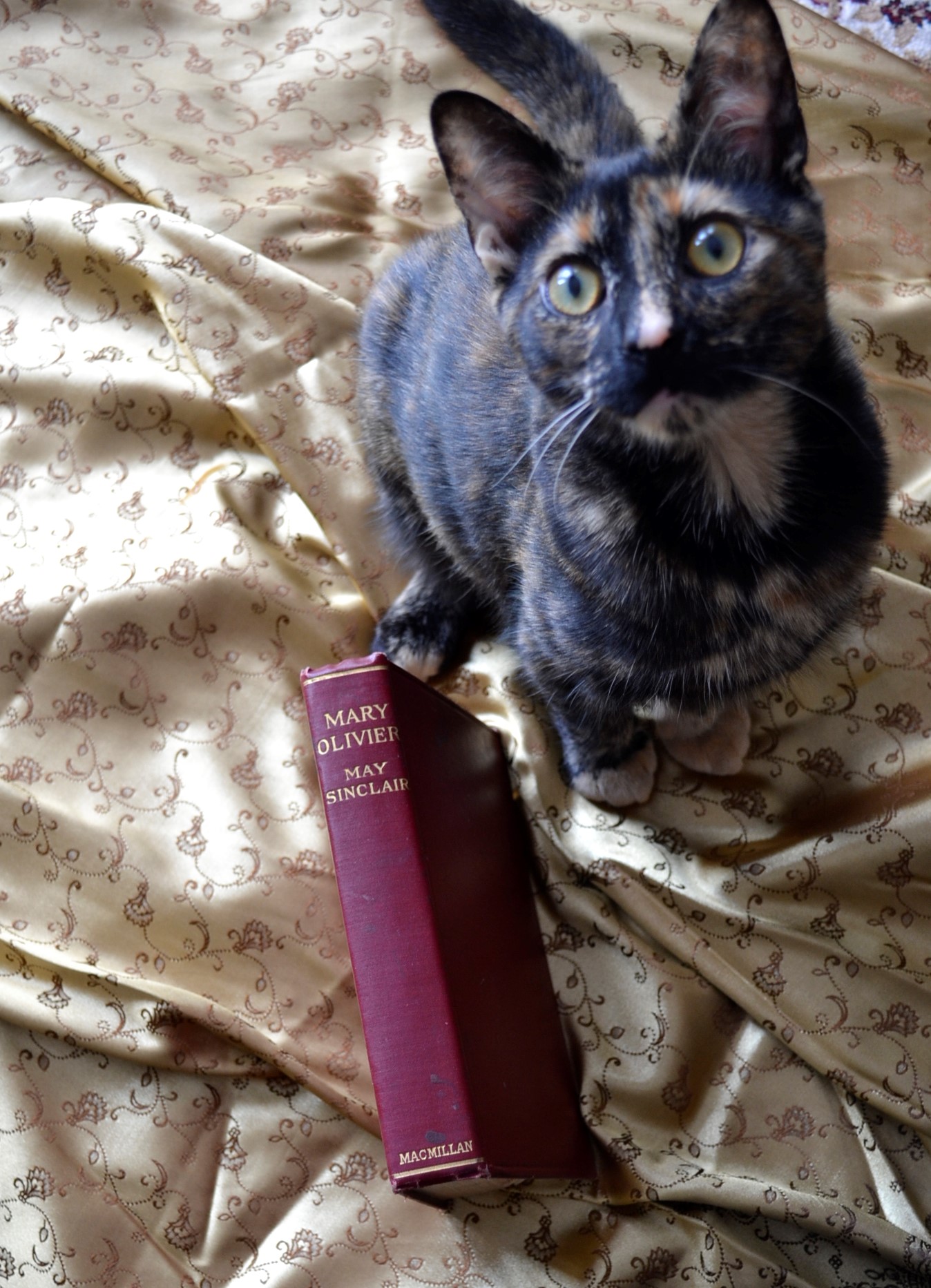Mary Olivier
Sometimes when the New Year is young, it’s easy to look back on other times of transition. I know a lot of fiction describes a moment where suddenly one transitions from childhood to adulthood, but I think the reality is that childhood ends in a series of moments, realizations, and formative events. This is a review of May Sinclair’s Mary Olivier. The book is a 1919 first edition.
